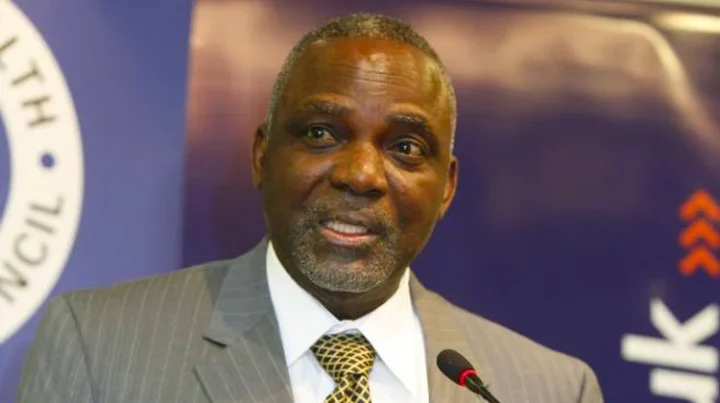Prof. Barth Nnaji, former Minister of Power and CEO of Geometric Power Group, has called for an urgent and strategic investment in Nigeria’s natural gas sector, alongside the reinstatement of suspended Power Purchase Agreements (PPAs)—moves he says are essential to achieving Nigeria’s ambition of becoming a $1 trillion economy.
Speaking at the 2025 Bullion Lecture, themed “Architecting the Energy Sector for Nigeria’s $1 Trillion Economy Vision,” Nnaji emphasized that Nigeria’s economic future is directly tied to its energy policy and execution.
“We have the ninth-largest gas reserves in the world, yet we struggle to power our 24 gas-fired plants. Meanwhile, over 80 million Nigerians remain in darkness,” he stated. “Charity must begin at home—exporting gas is fine, but domestic needs must come first.”
The PPA and PRG Setback
Nnaji criticized the federal government’s suspension of Partial Risk Guarantees (PRGs) for power projects—financial tools that assure investors of returns and mitigate risk in long-term energy contracts.
“No investor will commit to building a power plant without PRGs. Their suspension has frozen private capital inflow into the sector,” he warned.
He urged the government to reinstate PPAs and PRGs, saying they are foundational to rebuilding investor confidence in Nigeria’s power infrastructure.
A Smarter, Inclusive Energy Future
Tolulope Longe, National President of Women in Energy, Oil, and Gas, echoed Nnaji’s sentiments and pushed for a more inclusive and practical energy agenda.
“Nigeria cannot industrialise or digitise on diesel and inconsistent power. You cannot build a $1 trillion economy on $4-a-day energy,” she said.
Longe advocated for modern, decentralised energy systems—like mini-grids, hybrid solutions, and embedded generation—to serve underserved communities. She called Nigeria’s energy grid a “colonial relic” and said the future grid must be smart, scalable, and sovereign.
“The ‘Decade of Gas’ can’t remain a slogan. Five years is still enough time to change the narrative—if we move from words to pipelines,” she urged.
She also pressed for the removal of bureaucratic bottlenecks, clearer energy policies, and consistency in regulations to unlock billions in investment.
Women and Youth as Energy Architects
On inclusivity, Longe underscored the importance of giving women and young people a more significant role in shaping Nigeria’s energy landscape.
“They are not bystanders—they are co-architects of the new energy future. Be it clean energy entrepreneurs, engineers, or innovators, we must democratize access to opportunities,” she said.
She stressed that a just energy transition must reflect Nigeria’s unique socioeconomic realities, not imported models.
A Call to Action: Energy as the Foundation of Economic Growth
Ernest Ebi, Chairman of the Centre for Financial Journalism, closed the event by stressing the pivotal role of energy in driving economic transformation.
“Without a reliable, resilient, and inclusive energy architecture, the $1 trillion economy goal is a fantasy,” he stated.
Ebi credited past Bullion Lectures for influencing major policy shifts—such as the creation of the Ministry of Marine and Blue Economy and Nigeria’s entry into the AfCFTA.
“What we choose to build—or fail to build—today will define Nigeria’s place in the global economy tomorrow,” he concluded.

